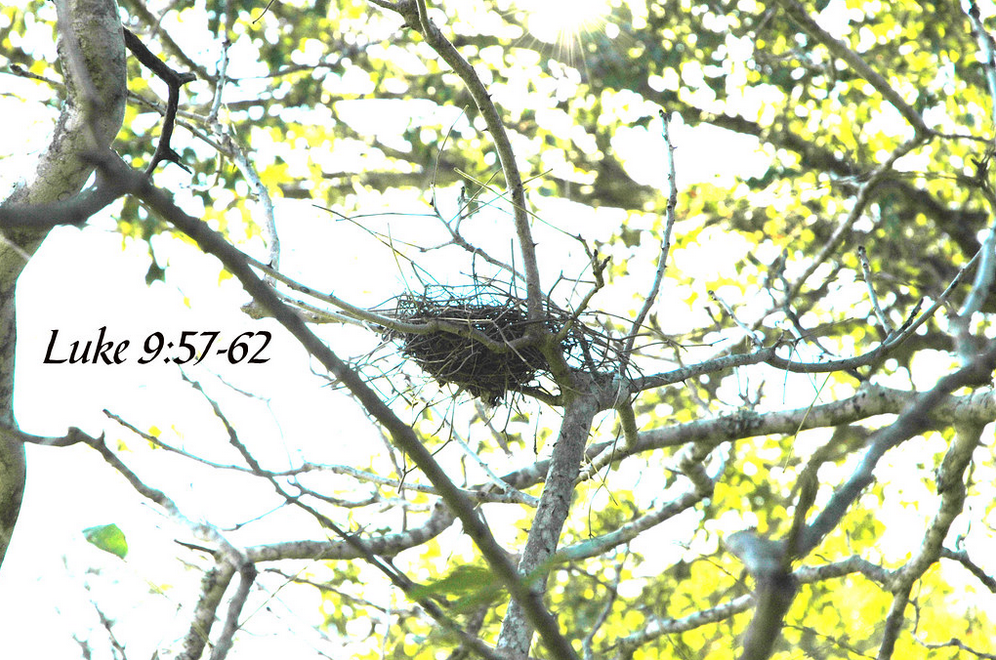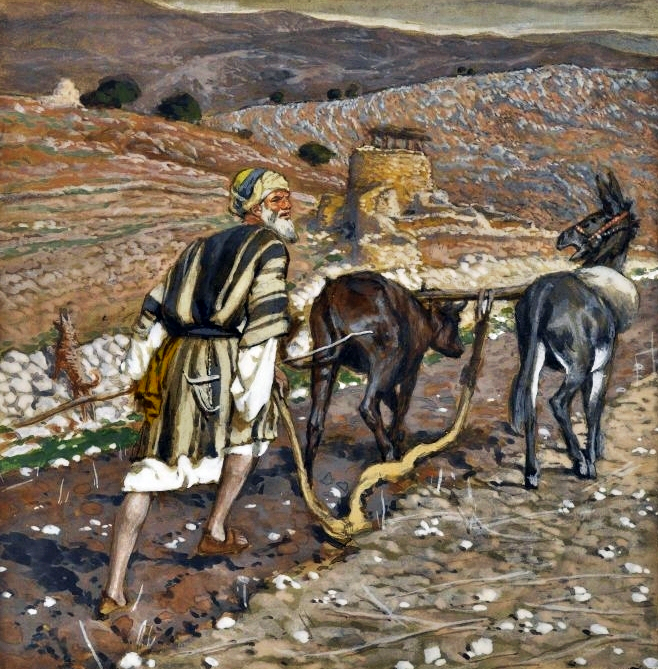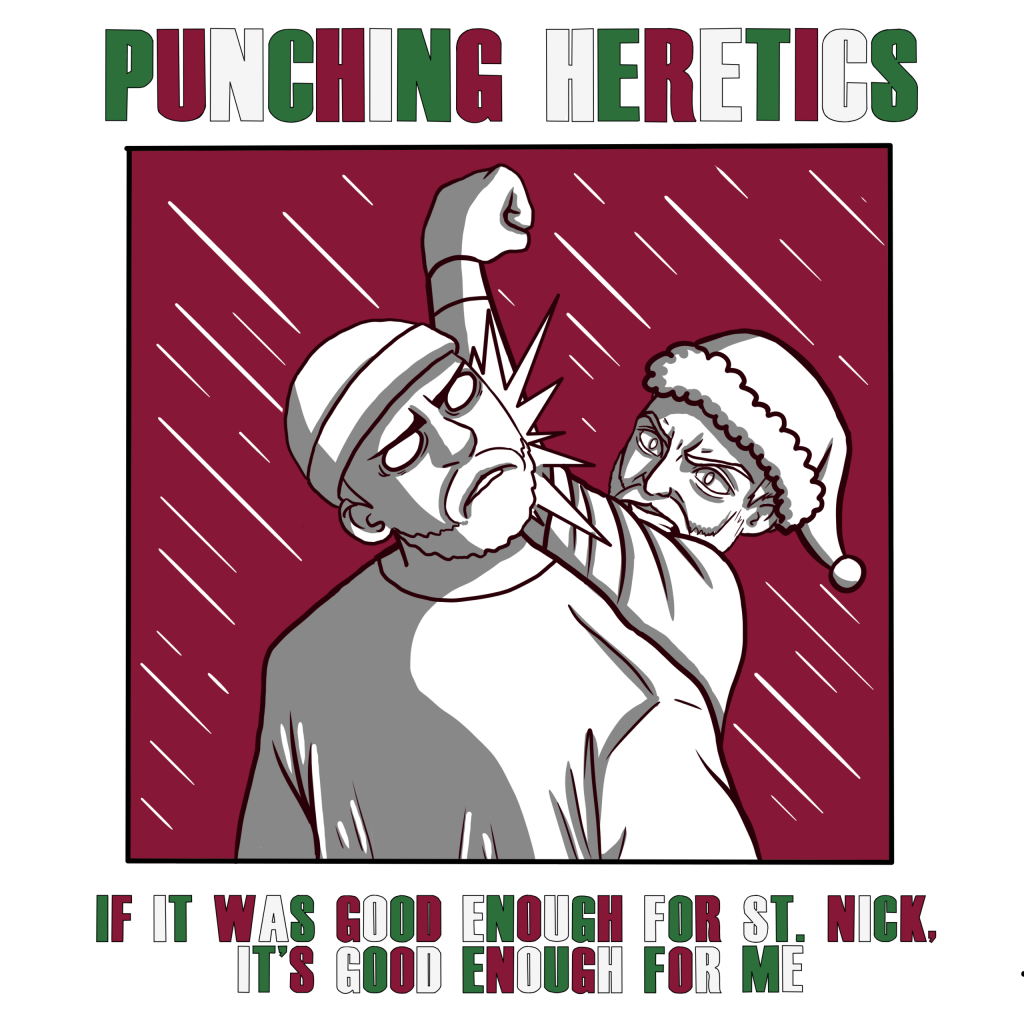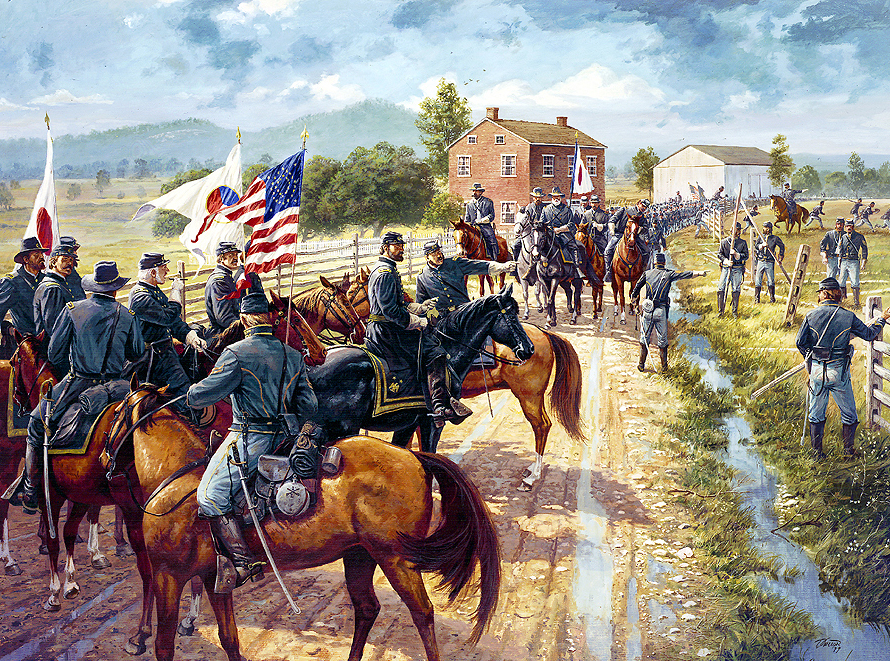 Editor’s note: The following comprises the fifth chapter, first part (A2), of The Gospel of Luke: An Exposition, by Charles R. Erdman (published 1936). All spelling in the original.
Editor’s note: The following comprises the fifth chapter, first part (A2), of The Gospel of Luke: An Exposition, by Charles R. Erdman (published 1936). All spelling in the original.
2. Jesus Rebuking Rashness, Insincerity, and Indecision (9:57-62)
___________________________________________________
57 And as they went on the way, a certain man said unto Him, I will follow thee whithersoever thou goest. 58 And Jesus said unto him, The foxes have holes, and the birds of the heaven have nests; but the Son of man hath not where to lay His head. 59 And He said unto another, Follow me. But he said, Lord, suffer me first to go and bury my father. 60 But He said unto him, Leave the dead to bury their own dead; but go thou and publish abroad the kingdom of God. 61 And another also said, I will follow thee, Lord; but first suffer me to bid farewell to them that are at my house. 62 But Jesus said unto him, No man, having put his hand to the plow, and looking back, is fit for the kingdom of God.
___________________________________________________
These three incidents show how carefully Jesus was sifting those who wished to become His followers and how deeply He appreciated the fact that He was passing through this region for the last time. The first of the three men with whom Jesus spoke was being swept along by his emotions, by the sight of the crowd which was following the Master, and by the thought that it would be a great privilege to be in such company. He had not for a moment realized that it might involve sacrifice and pain to become a disciple of the Master. It was for this reason that Jesus turned to him with a statement which implies a rebuke and suggests that the Master realized the thoughtlessness and rashness which were prompting this professed follower. “The foxes have holes, and the birds of the heaven have nests; but the Son of man hath not where to lay His head.” Of course Jesus is eager to have men vow their allegiance to Him and openly acknowledge their discipleship; but among His followers there is no place for rashness. He would have us count the cost.
In the case of the next man, when he was bidden to follow Christ, he offered an excuse, “Lord, suffer me first to go and bury my father.” This was a natural request and it seemed that a tender duty made it necessary for him to decline the invitation of the Master. There seems something rather severe in the reply, “Leave the dead to bury their own dead; but go thou and publish abroad the kingdom of God.” It is evident that Jesus had looked into the heart of this man and saw that he was making a selfish excuse out of a sacred duty. If his reply was sincere, it none the less merited a reproof, for a more sacred duty than caring for the dead was laid upon him by the invitation of the living Christ. No tie, however tender, can be regarded as a sufficient excuse for refusing to become a follower of Christ. Jesus was passing that way for the last time. Prompt obedience was absolutely necessary. Those who were spiritually “dead” and who had not heard the summons of the Master could provide the needed burial; but it was possible for the one who had been called by Christ to perform a more sacred task: he could begin to proclaim the gospel of salvation and of life.
In the case of the third possible disciple, there was no carelessness; he had counted the cost; it was not his intention to make any excuse; he was sincere and definite in his intention, but he wished to delay. He was not quite certain that it was best just then to leave his family and his friends. At least he wished to delay long enough to return to his home and to bid them farewell. But Jesus rebuked him; “No man, having put his hand to the plow, and looking back, is fit for the kingdom of God.” Such hesitation indicates that one has not appreciated the glory and privilege involved in the call of Christ or that he still weighs against it the sacrifices it involves. He is self-condemned. There is no place for indecision among those who are to be heirs of the Kingdom of God.
(Go back to previous chapter)
(Continue to next chapter)










[…] (Go back to previous chapter) (Continue to next chapter) […]
[…] (Go back to previous chapter) (Continue to next chapter) […]